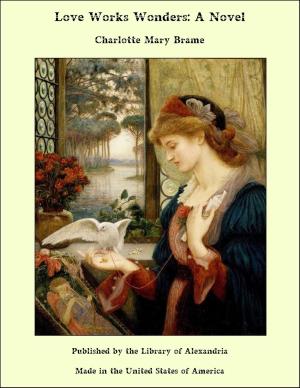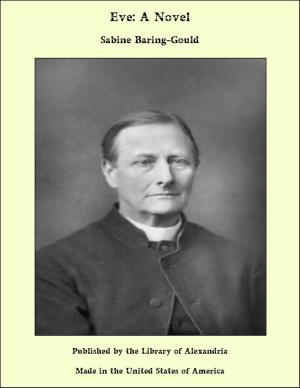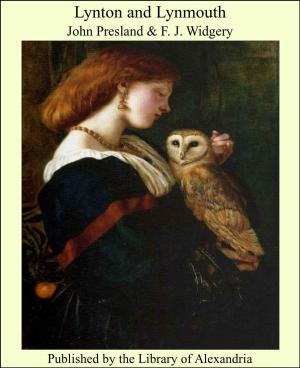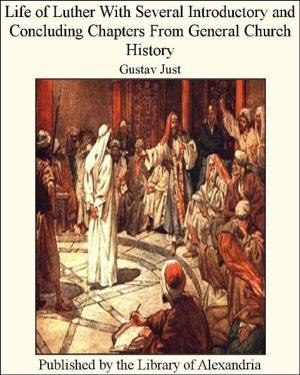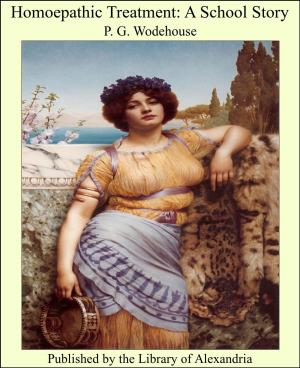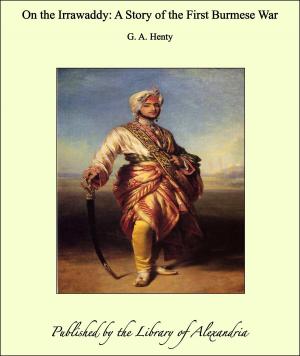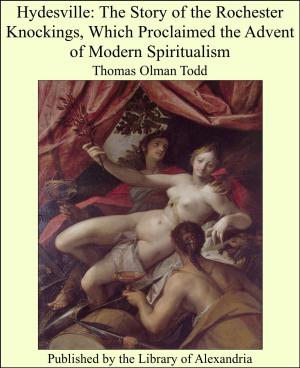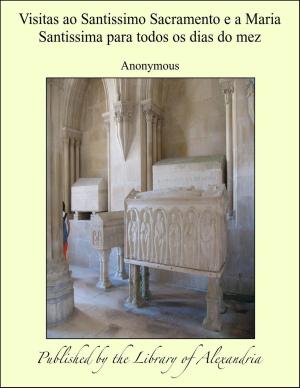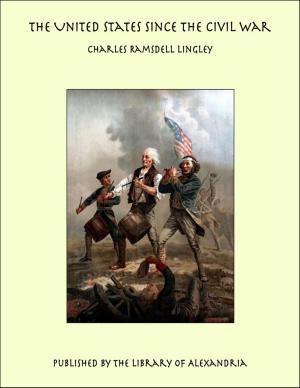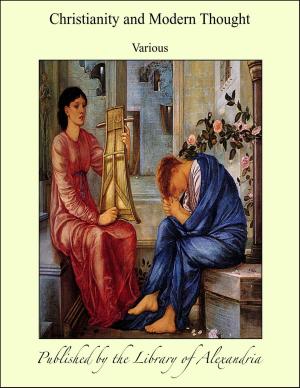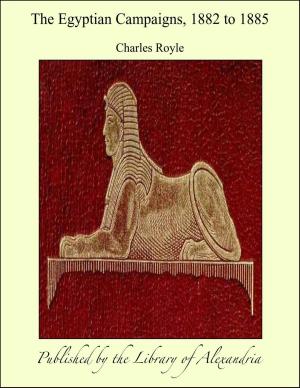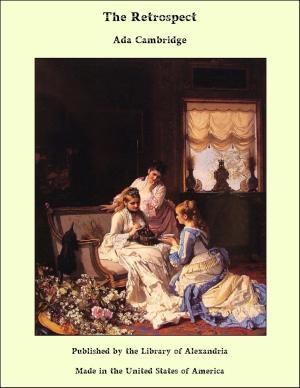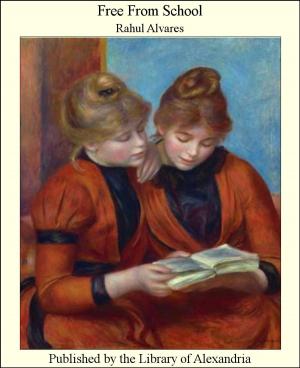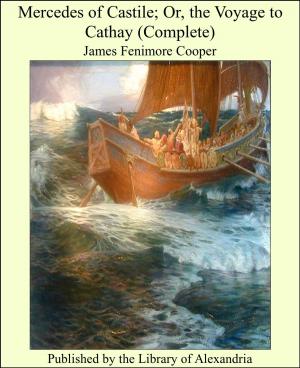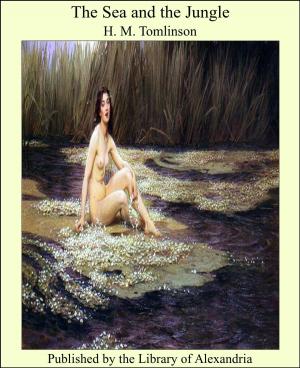John Herring: A West of England Romance (Complete)
Nonfiction, Religion & Spirituality, New Age, History, Fiction & Literature| Author: | Sabine Baring-Gould | ISBN: | 9781465615022 |
| Publisher: | Library of Alexandria | Publication: | March 8, 2015 |
| Imprint: | Language: | English |
| Author: | Sabine Baring-Gould |
| ISBN: | 9781465615022 |
| Publisher: | Library of Alexandria |
| Publication: | March 8, 2015 |
| Imprint: | |
| Language: | English |
As Joyce stood on the bank about to leap down into the road to her father's assistance, she was arrested by a sight calculated to fill her with dismay. A chaise drawn by a pair of horses was approaching from the direction of Okehampton at a brisk pace. The cask was in full career down the road, gaining velocity as it rolled. A curve hid it from the postillion, and Joyce stood breathless, powerless to warn the post-boy or arrest the cask, watching for the result. The boy was in spirits; he cracked his whip, and stimulated the horses—fresh from the stable at Okehampton—to take the hill in style. The cask was whirling on. Then it reached the sweep in the road, and it went direct against the bank, danced light-heartedly up it, reeled back, swung itself round and shot straight down the road at the horses. In another moment it was on them, leaping at them like a tiger at the throat of his prey. What followed was so sudden, and the light was so imperfect, that Joyce could not quite make out what she saw. She heard a loud cry from the post-boy, who was thrown. Whether one of the horses went down and floundered to his feet again she was not sure; she believed it was so. Next moment the chaise was off the road, the two frightened animals tearing away with it over the common. Forgetful of her father in the excitement of the spectacle and in dread of the final catastrophe, Joyce ran after the carriage, which she saw bounding over heaps of peat that had been cut and laid to dry, lurching into hollows, jolting over tufts of gorse, and jarring against stones. Then she saw against the light of the horizon the figure of a man emerging from the window of the chaise, trying to open the door. Almost simultaneously the wheel of the carriage struck a huge block of granite, and in an instant the chaise was thrown on one side, the horses were kicking furiously, and the whole converted into a wreck of living beasts and struggling men and splintered fragments of carriage.
As Joyce stood on the bank about to leap down into the road to her father's assistance, she was arrested by a sight calculated to fill her with dismay. A chaise drawn by a pair of horses was approaching from the direction of Okehampton at a brisk pace. The cask was in full career down the road, gaining velocity as it rolled. A curve hid it from the postillion, and Joyce stood breathless, powerless to warn the post-boy or arrest the cask, watching for the result. The boy was in spirits; he cracked his whip, and stimulated the horses—fresh from the stable at Okehampton—to take the hill in style. The cask was whirling on. Then it reached the sweep in the road, and it went direct against the bank, danced light-heartedly up it, reeled back, swung itself round and shot straight down the road at the horses. In another moment it was on them, leaping at them like a tiger at the throat of his prey. What followed was so sudden, and the light was so imperfect, that Joyce could not quite make out what she saw. She heard a loud cry from the post-boy, who was thrown. Whether one of the horses went down and floundered to his feet again she was not sure; she believed it was so. Next moment the chaise was off the road, the two frightened animals tearing away with it over the common. Forgetful of her father in the excitement of the spectacle and in dread of the final catastrophe, Joyce ran after the carriage, which she saw bounding over heaps of peat that had been cut and laid to dry, lurching into hollows, jolting over tufts of gorse, and jarring against stones. Then she saw against the light of the horizon the figure of a man emerging from the window of the chaise, trying to open the door. Almost simultaneously the wheel of the carriage struck a huge block of granite, and in an instant the chaise was thrown on one side, the horses were kicking furiously, and the whole converted into a wreck of living beasts and struggling men and splintered fragments of carriage.

